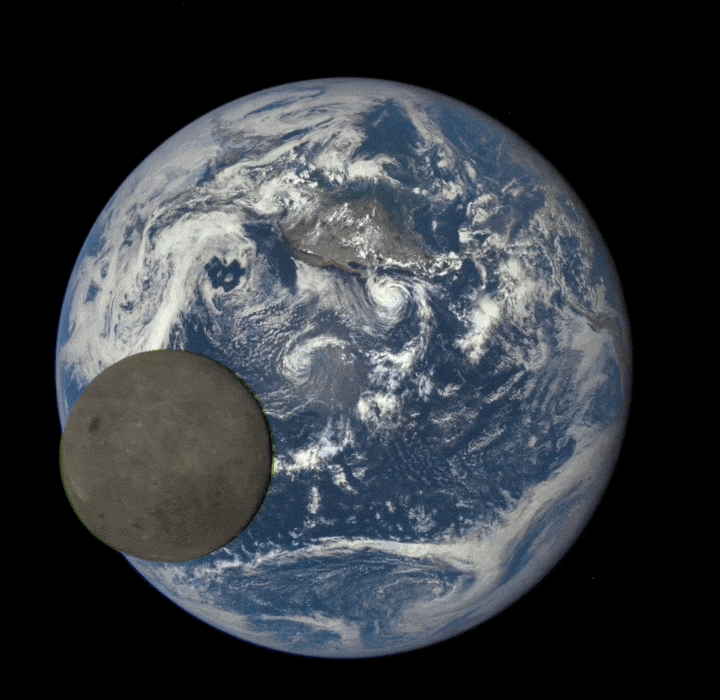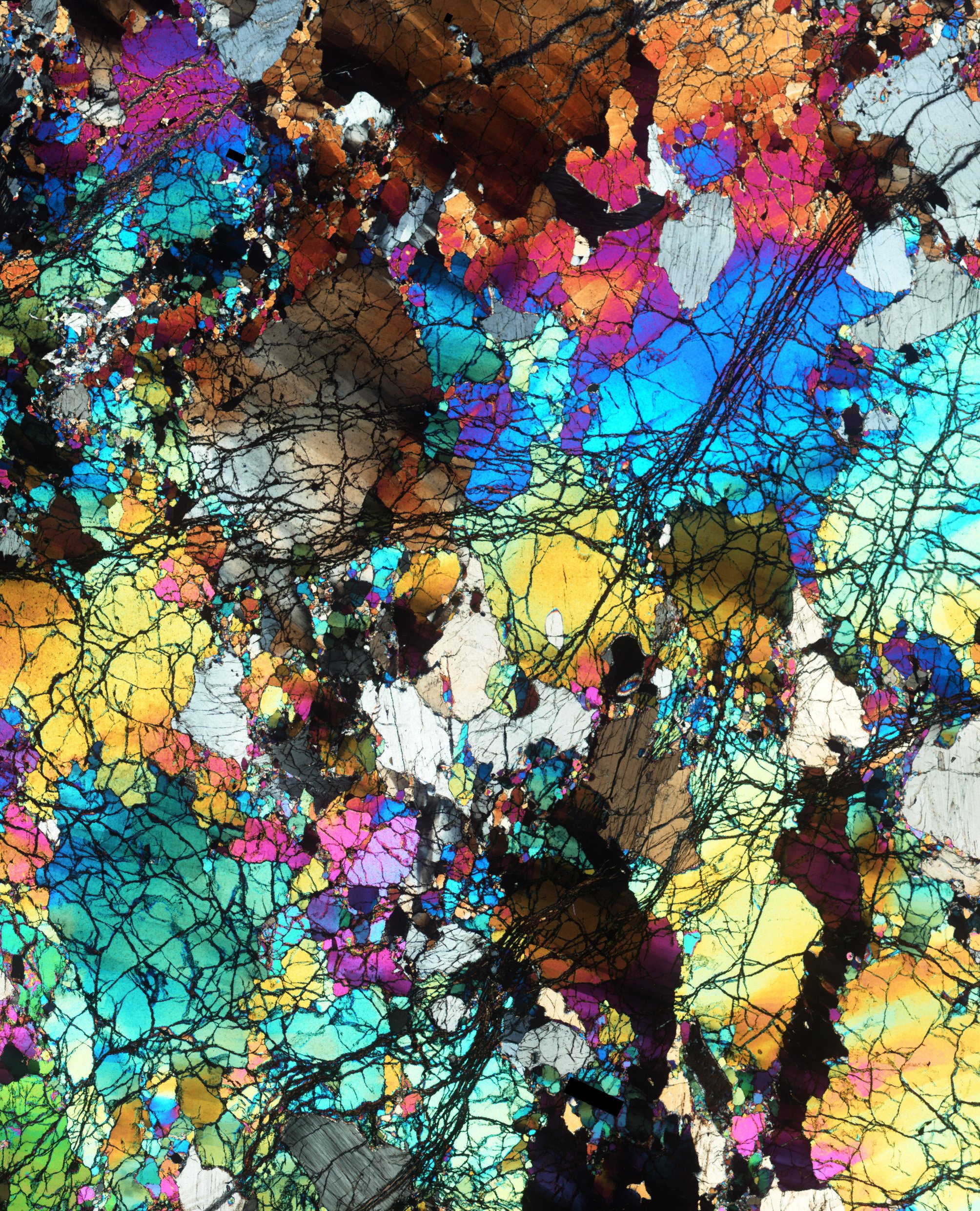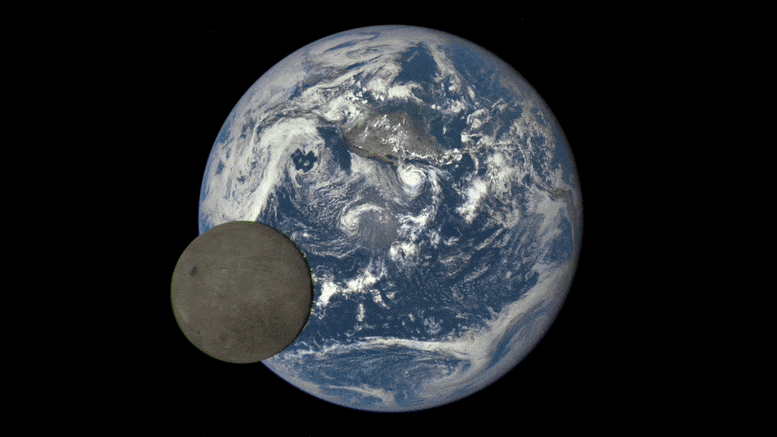
Animasi ini menunjukkan gambar satelit sebenarnya dari sisi jauh Bulan, diterangi oleh matahari, melintasi antara Kamera Pencitraan Polikromatik (EPIC) Bumi dan teleskop di pesawat ruang angkasa DSCOVR, dan Bumi – satu juta mil jauhnya. Kredit: NASA/NOAA
Meski terlihat palsu, foto-foto viral bulan yang mengorbit Bumi ini sebenarnya nyata. Ini bukan hal baru, meskipun, mengambil putaran lagi minggu ini; Itu sudah diambil lebih dari 6 tahun yang lalu.
Kembali pada tahun 2015,[{” attribute=””>NASA camera aboard the Deep Space Climate Observatory (DSCOVR) captured this unique series of images displaying the ‘dark side’ of the moon. The ‘dark side’ of the moon is often used to refer to the hemisphere of the moon that is facing away from Earth. However, it is more properly called the ‘far side’ as it is exposed to an equal amount of sunlight as the side facing Earth. We can never view the ‘far side’ from Earth due to a phenomenon called tidal locking, which occurs when an astronomical body takes the same amount of time to complete a full rotation around its axis and fully orbit around its partner.
Although DSCOVR’s primary purpose is to monitor solar winds for the National Oceanic and Atmospheric Administration (NOAA), the satellite also houses NASA’s Earth Polychromatic Imaging Camera (EPIC) which captured these images. This four-megapixel CCD camera and telescope maintains a constant view of Earth as it orbits and takes 13-22 images every day.
In order to capture Earth’s ‘natural color’, NASA combines three different monochrome exposures taken 30 seconds apart. The final combined image has a slight green offset to the right of the moon and thin blue and red offsets to the left of it which is due to the Moon’s movement between each exposure.
If you wish to view more images taken by EPIC, NASA publishes daily color images of different views of the Earth as it rotates throughout the day.

“Gamer yang sangat menawan. Ahli web. Sarjana TV. Pecandu makanan. Ninja media sosial yang rajin. Pelopor musik hardcore.”






More Stories
Sebuah studi baru menantang teori oksidasi mantel
Generasi Milenial dan Generasi X menghadapi risiko lebih tinggi terkena 17 jenis kanker ini dibandingkan generasi baby boomer: ScienceAlert
Sebuah pencapaian penting bagi NASA dalam menemukan exoplanet